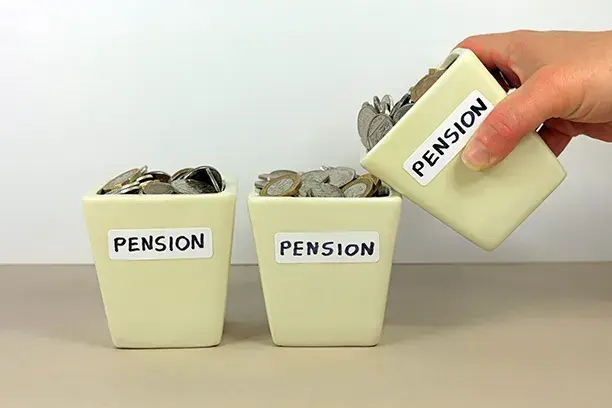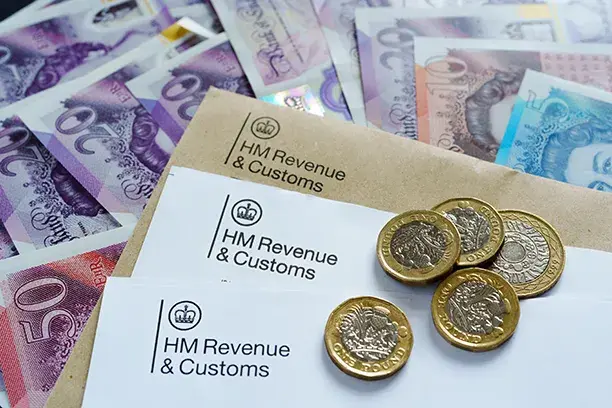What does a labour government mean for your pension planning?
I write this on the day of the general election and We’ve had a few queries this week around what a Labour government might mean for your tax free cash lump sum, its notoriously challenging to make long term financial decisions based upon speculation so we wanted to provide you with some information.
The lifetime allowance was introduced as part of 'pension simplification' in 2006. (Spoiler alert: Pensions are anything but simple!)
The lifetime allowance (LTA) used to be a limit on how much money you could save in your pension for retirement without incurring an extra tax bill. We've seen many changes to the lifetime allowance over the last 18 years (mostly downward) until the limit was removed in April 2024. So now, there's no limit on how much you can save in your pension.
The Labour Party had previously said they planned to reintroduce the limit if elected. However, they have since confirmed that they will not bring back the cap.
Tax Free Cash
Linked to the lifetime allowance is tax-free cash, also known as a pension commencement lump sum. Up until the LTA was scrapped, tax-free cash was 25% of your pot, up to the LTA limit. This limit has been replaced with a new limit on the total amount you can take out as tax-free cash, called the lump sum allowance (LSA). It's a fixed amount, currently set at £268,275 (as of July 2024). You can still take 25% of your total pension pot as tax-free cash, as long as it doesn't exceed the lump sum allowance.
Understandably, there are concerns that this valuable benefit could be scrapped or reduced further. However, the Labour Party has said: "The ability to withdraw 25% of your pension as a tax-free lump sum is a permanent feature of the tax system, and Labour is not planning to change this."
What does this mean?
We've spoken to policy and industry experts. Our view is that it's unlikely there will be significant changes to the policies in the short term. The Labour Party, if elected, has committed to undertaking a full review of the pensions landscape to consider what further steps are needed to improve pension outcomes and increase investment in UK markets. They have also committed to retaining the state pension triple lock.
Reviews of this nature take time. When the government makes changes to pension rules, these changes don't always apply to everyone immediately. Transitional protections are like grandfather clauses. They enable people who were already saving for retirement under the old rules to keep those rules for their retirement benefits. This is to avoid penalising people who planned based on the previous system.
What Should You Do?
Pensions are long-term savings vehicles. It's important that you make decisions based on your long-term needs, not concerns about what may or may not happen politically. You should think carefully before taking the tax-free lump sum if you don't need it – and many don't. It's likely to be more beneficial to use your entitlement over a number of years to manage your tax brackets or possibly never touch it.
While your decision depends on personal circumstances, withdrawing the lump sum just to reinvest it or leave it in a bank account is hardly ever the most tax-efficient option. If the chosen account is not an ISA, you may have to pay tax on the interest you earn. Reinvesting it in an ISA only makes sense if you are not going to exhaust your ISA allowance.
Depending on the size of your pot, leaving your uncrystallised pension to grow can result in you ultimately receiving a bigger tax-free lump sum too – albeit capped at £268,275 (2024/25). Finally, preserving your pension comes with inheritance tax (IHT) advantages. However, note that if you die after the age of 75 with the lump sum untouched, your beneficiaries won't be entitled to take this portion tax-free. All withdrawals will be taxed at their income tax rate.
The above article is for information purposes only and should not be taken as advice.
The tax treatment is dependent on individual circumstances and may be subject to change in future.
A pension is a long term investment. The fund value may fluctuate and can go down. Your eventual income may depend upon the size of the fund at retirement, future interest rates and tax legislation.
Advice on tax planning and inheritance tax are not regulated by the Financial Conduct Authority.
If you have any questions, please don’t hesitate to get in touch.










